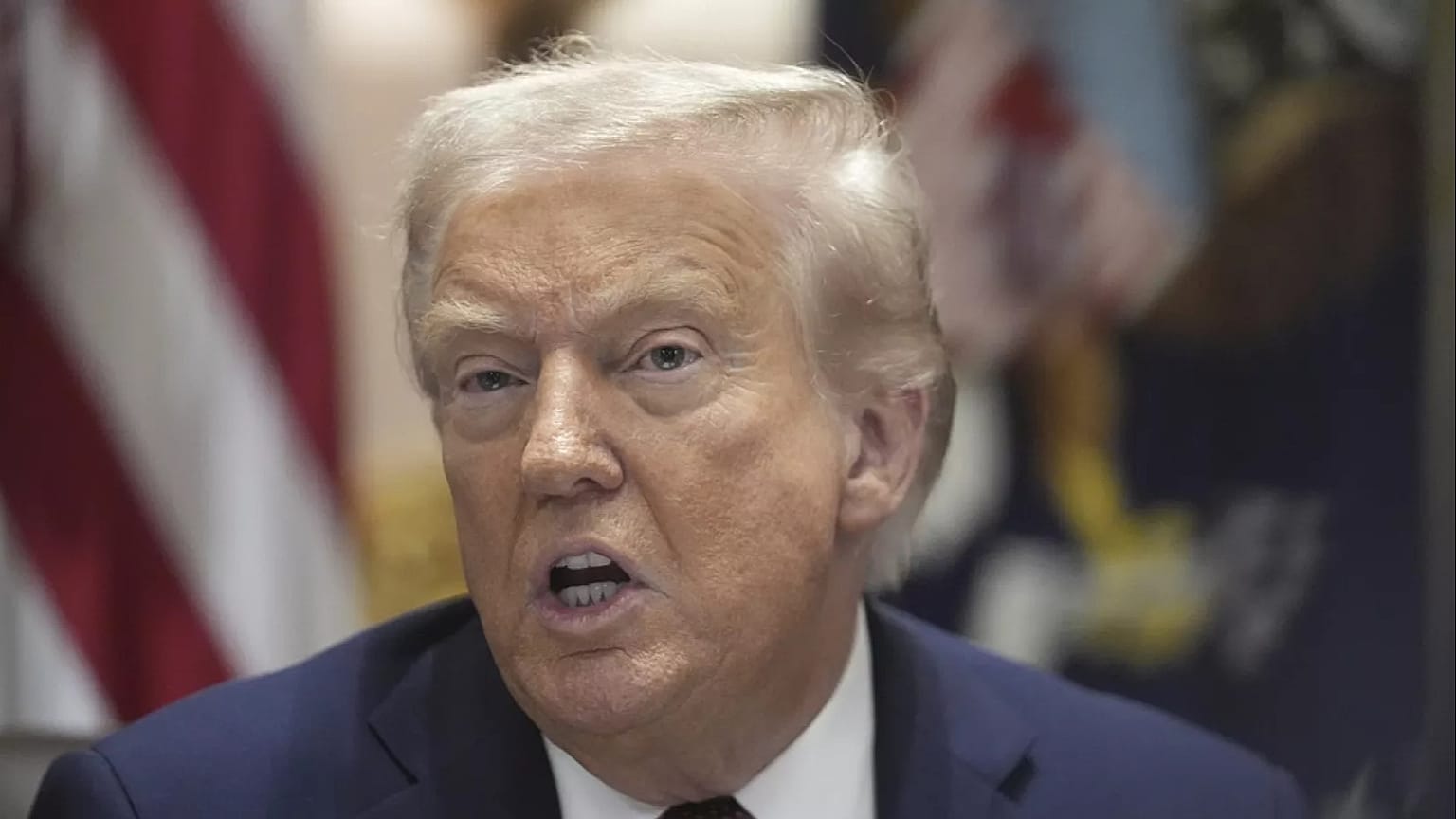Top Stories
US Appeals Court Rules Trump’s Tariffs Unconstitutional, Impact Pending

A federal appeals court in the United States has determined that President Donald Trump lacked the legal authority to impose extensive tariffs on various trading partners. This ruling by the US Court of Appeals for the Federal Circuit, issued on Friday, upholds a previous decision made in May by a specialized federal trade court in New York. While the court found that Trump overstepped his authority under the International Emergency Economic Powers Act, it has left the tariffs in place until mid-October, allowing the administration time to appeal to the Supreme Court.
Trump’s tariffs, which were enacted in April, affect nearly all US trading partners and include levies previously imposed on countries such as China, Mexico, and Canada. The court’s ruling is considered a significant setback for the Trump administration, complicating the president’s broader ambitions to reshape American trade policy unilaterally.
On April 2, 2023, Trump declared a “Liberation Day” and implemented reciprocal tariffs of up to 50% on nations with which the United States has a trade deficit, alongside a 10% baseline tariff on other countries. Following this announcement, Trump temporarily suspended the reciprocal tariffs for 90 days to facilitate negotiations with certain countries, including the United Kingdom, Japan, and the European Union, which resulted in trade agreements aimed at avoiding even steeper tariffs.
Countries that did not comply faced harsher penalties. For instance, Laos was hit with a 40% tariff, while Algeria encountered a 30% levy. The ruling from the appeals court, delivered in a 7-4 vote, emphasized that “it seems unlikely that Congress intended to grant the President unlimited authority to impose tariffs.”
Trump justified his tariffs by declaring the United States’ persistent trade deficits a “national emergency,” invoking the 1977 law to act without congressional approval. This declaration followed his earlier imposition of tariffs on Canada, Mexico, and China, which he argued were necessary to address what he termed illegal immigration and drug trafficking.
The US Constitution assigns Congress the authority to levy taxes, including tariffs, but successive administrations have gradually increased presidential powers in this domain. While some judges dissented, stating that the 1977 law does not represent an unconstitutional delegation of legislative authority, the majority opinion indicated that the scope of the President’s power remains limited.
The administration could potentially utilize a different legal framework—the Trade Expansion Act of 1962, specifically Section 232—which allows for tariffs but requires a thorough Commerce Department investigation rather than unilateral presidential action.
As the administration prepares for a possible Supreme Court appeal, the impact of this ruling on Trump’s trade agenda remains uncertain. The ongoing legal battle could significantly influence trade relations for the United States and its global partners in the coming months.
-

 Top Stories2 months ago
Top Stories2 months agoTributes Surge for 9-Year-Old Leon Briody After Cancer Battle
-

 Entertainment3 months ago
Entertainment3 months agoAimee Osbourne Joins Family for Emotional Tribute to Ozzy
-

 Politics3 months ago
Politics3 months agoDanny Healy-Rae Considers Complaint After Altercation with Garda
-

 Top Stories3 months ago
Top Stories3 months agoIreland Enjoys Summer Heat as Hurricane Erin Approaches Atlantic
-

 World4 months ago
World4 months agoHawaii Commemorates 80 Years Since Hiroshima Bombing with Ceremony
-

 Top Stories2 months ago
Top Stories2 months agoNewcastle West Woman Patricia Foley Found Safe After Urgent Search
-

 Top Stories4 months ago
Top Stories4 months agoFianna Fáil TDs Urgently Consider Maire Geoghegan-Quinn for Presidency
-

 World4 months ago
World4 months agoGaza Aid Distribution Tragedy: 20 Killed Amid Ongoing Violence
-

 World4 months ago
World4 months agoCouple Convicted of Murdering Two-Year-Old Grandson in Wales
-

 Top Stories3 months ago
Top Stories3 months agoClimbing Errigal: A Must-Do Summer Adventure in Donegal
-

 Top Stories3 months ago
Top Stories3 months agoHike Donegal’s Errigal Mountain NOW for Unforgettable Summer Views
-

 World4 months ago
World4 months agoAristocrat Constance Marten and Partner Convicted of Infant Murder









